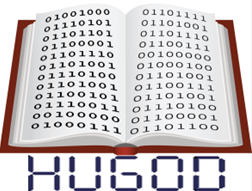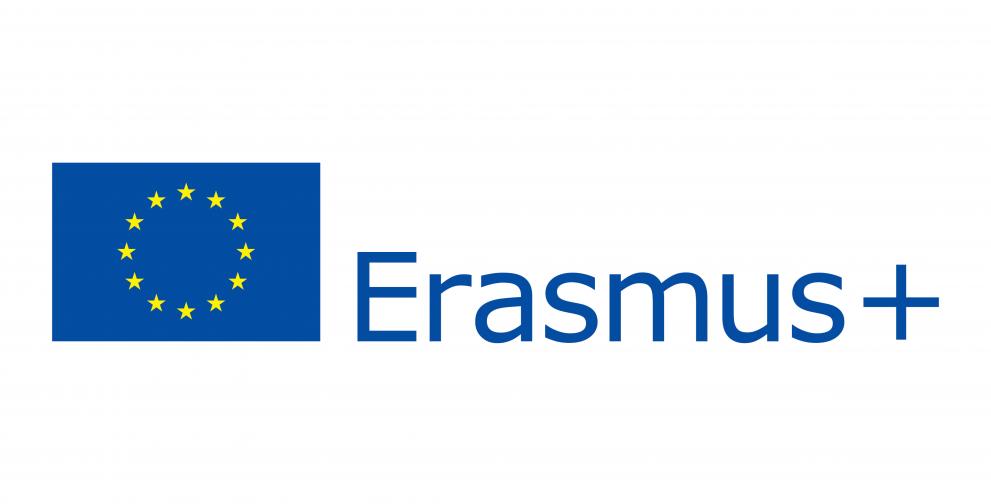HUGOD - Humanities going digital
Project ID
2020-1-CZ01-KA226-HE-094363
Project title
Humanities going digital
Project manager, contact details
Csilla Glück; gluck.csilla@pte.hu
Academic supervisor, contact details
Andrea Gál Zoltánné Dr. Schmidt, schmidt.andrea@pte.hu
Total project budget
299.993 EUR
Total budget of UP
31.410 EUR
Project start date
Project end date
Coordinator
Palacký University Olomouc (CZ)


Partner Organisations
Universidade Nova De Lisboa (PT), University of Pécs (HU)
General description
The project responds to the current situation associated with the covid-19 epidemic and its impact on university teaching. It turns out that when moving teaching to the online environment, it is not possible to implement standard teaching procedures and it is necessary to develop new ways of working with students.
The failure of the realization of the student exchange programs (Erasmus, Ceepus, etc.) minimizes the internationalization of studies and reduces the competences of students in intercultural contact. At the same time, the current situation provides an opportunity to accelerate the response to the development of digital technologies and to change the curricula of study programs to meet the requirements of the labor market (Industry 4.0).
It turns out that the online implementation of semester activities requires a reduction in frontal teaching and an increase in students’ independent research and study activities. To move to this type of work, it is necessary to motivate students with the increased social impact of their activities. The project therefore introduces the creation of electronic publications into teaching. Th project will introduce the new digital interactive teaching methods of teaching at participating universities (Pécs, Lisbon, UP).
The form of teaching takes the following form: courses that have interdisciplinary contact (semiotics, biosemiotics, new media ect.) are identified at partner universities. Students participate in these courses in consultation with teachers, in which they will present the basic issues and questions for discussion. The digital teaching materials are created by the students themselves, in cooperation with teachers, they use the complete multimedia content of the Internet, interactive graphs, formulas, video sharing, etc. When creating the outputs, they share notes, chat about the topic and structure of the teaching material. At the end of the semester, students upload a content on the Internet and present it to students from partner institutions. Students and colleagues from the participating universities then comment on the content and method of processing the topic, proposing revisions. This aspect strengthens competences in foreign languages. The resulting study materials are then made available to the media and literary portals for the general public.
The proposed method of semester work at the university emphasizes the following aspects:
- active participation of students in teaching and in the form of online teaching,
- motivation of students to deeper knowledge of the studied topics to be able to write about it independently and create their own author’s materials to be shared,
- establishing international cooperation as a standard course of the semester on the basis of a stable response to the learning outcomes of the partner institutions and beyond.
Program
ERASMUS +
Application monitoring
